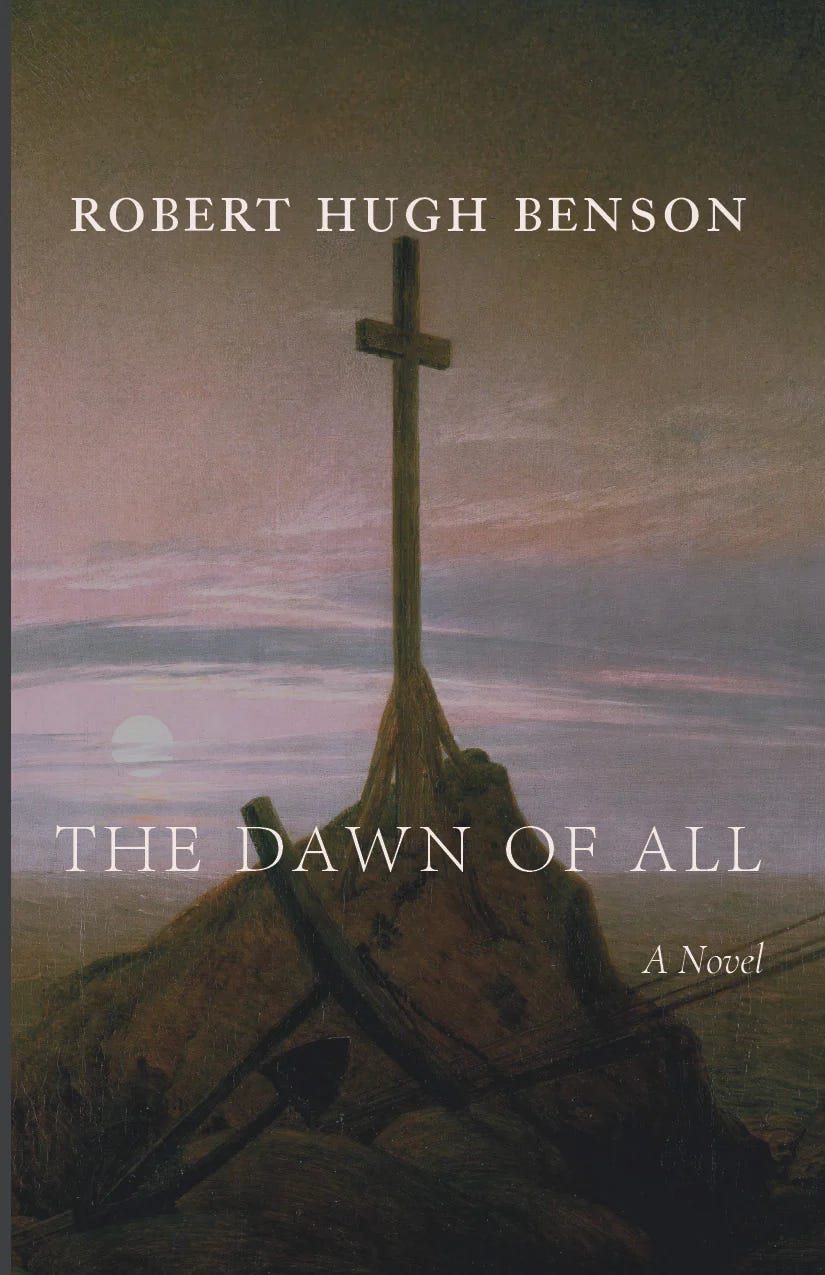What Comes After the Ruins of Liberalism
Philip Pilkington on Foucault’s nihilistic exposure of the lies and deceits of the Enlightenment — and our postliberal need to build societies in explicit accord with the natural law.
Michel Foucault was not a pleasant individual. In fact, recent reports suggest that he was very likely a criminal. Debates on whether a philosopher’s personal life should have any bearing on the evaluation of their ideas are endless. But in the case of Foucault, it seems obvious that his ideas should be judged considering his personal life for the simple reason that toward the end of his career he saw himself as working out a new system of post-Nietzschean ethics. Properly understood, his earlier work on epistemology and truth-claims in medicine and the social sciences logically led Foucault to this point. For this reason, all of Foucault’s work should be understood through the lens of how the man lived. Foucault the man is a cautionary tale in how dangerous his project was, and this should always be kept in mind.
Nevertheless, Foucault may be one of the most important 20thcentury philosophers for postliberals to study. This is because Foucault did something that is greatly beneficial to the postliberal project: he exposed the implicit moral judgements on which most social science and even some medicine rested on. These moral judgements had been built into the knowledge apparatus of Western societies for a reason. After the Enlightenment attacked traditional Christian morality, Western societies still required a means to stabilise the social order. To do this, Western societies devised a variety of social disciplines that couched moral judgements in the language of science. It was this that Foucault exposed.
Why is this of interest to postliberals? Because postliberals should not be happy with the Enlightenment arrangement. The Enlightenment arrangement is just another way of saying the liberal arrangement. While it is true that most postliberals would prefer the sort of society that existed at the high point of the Enlightenment arrangement – say, the structured social orderliness of the 1950s, underwritten by social scientific jargon – than the society of today that exists after ideas like Foucault’s have taken hold, there is no going back. Nor should postliberals want to go back. The old arrangement was based, frankly, on lies. It was always destined to collapse the moment a mischievous nihilistic like Foucault came along.
We should look instead through the work of Foucault and toward a future postliberal arrangement. Foucault’s work shows most clearly why post-Enlightenment societies were ultimately hollow. Understanding this, we can take insights from the pre-Enlightenment tradition and infuse what is of worth in the social sciences and in doing so create a new postliberal arrangement. As I’ll show at the end of this essay, the early postliberal prophet Robert Hugh Benson foresaw in his 1911 novel The Dawn of All that the social science of his day had been shown to be hollow, and that without the infusion of pre-liberal thought it would collapse. Foucault also saw this, but tragically could not see what Benson saw.




